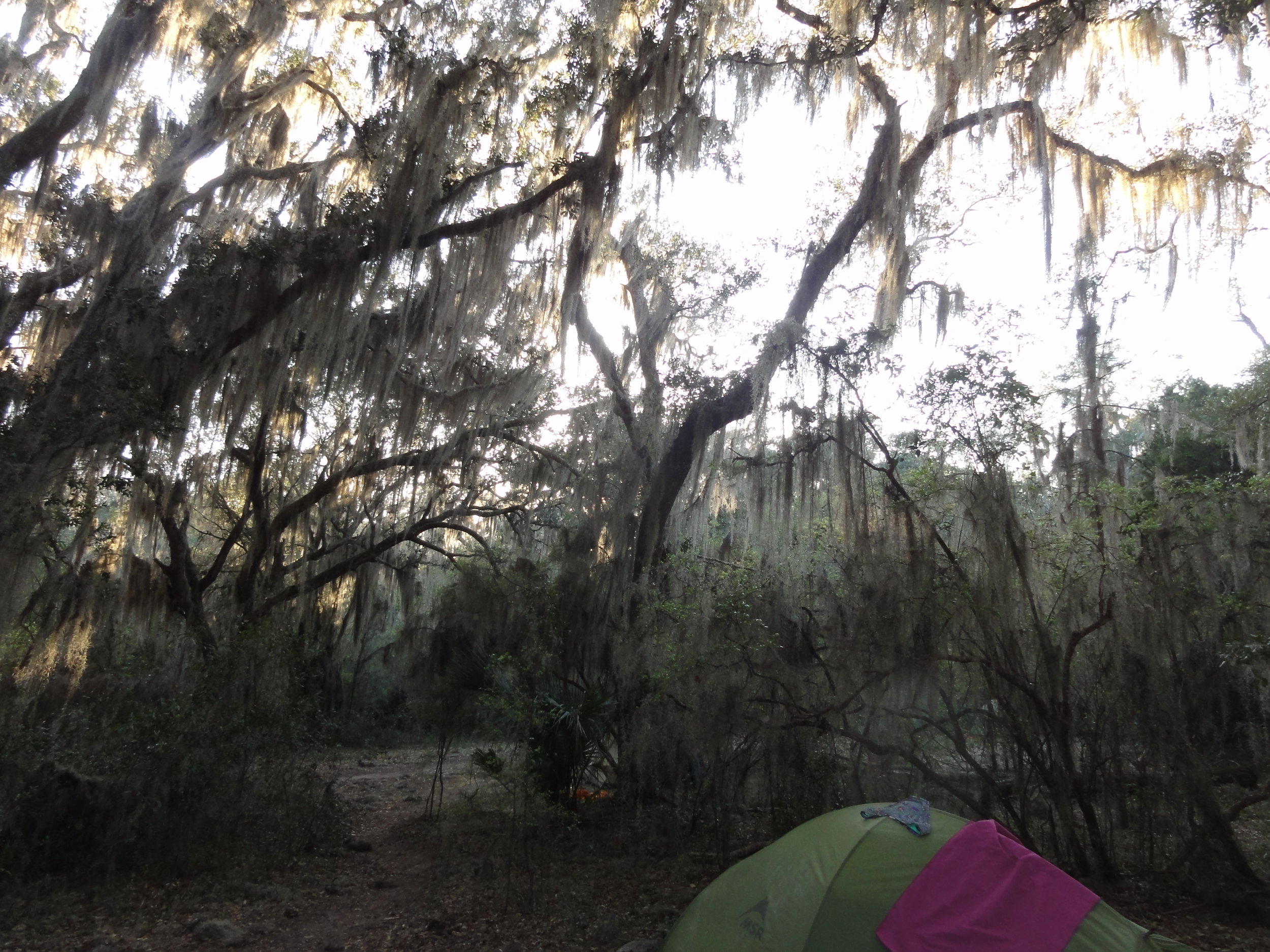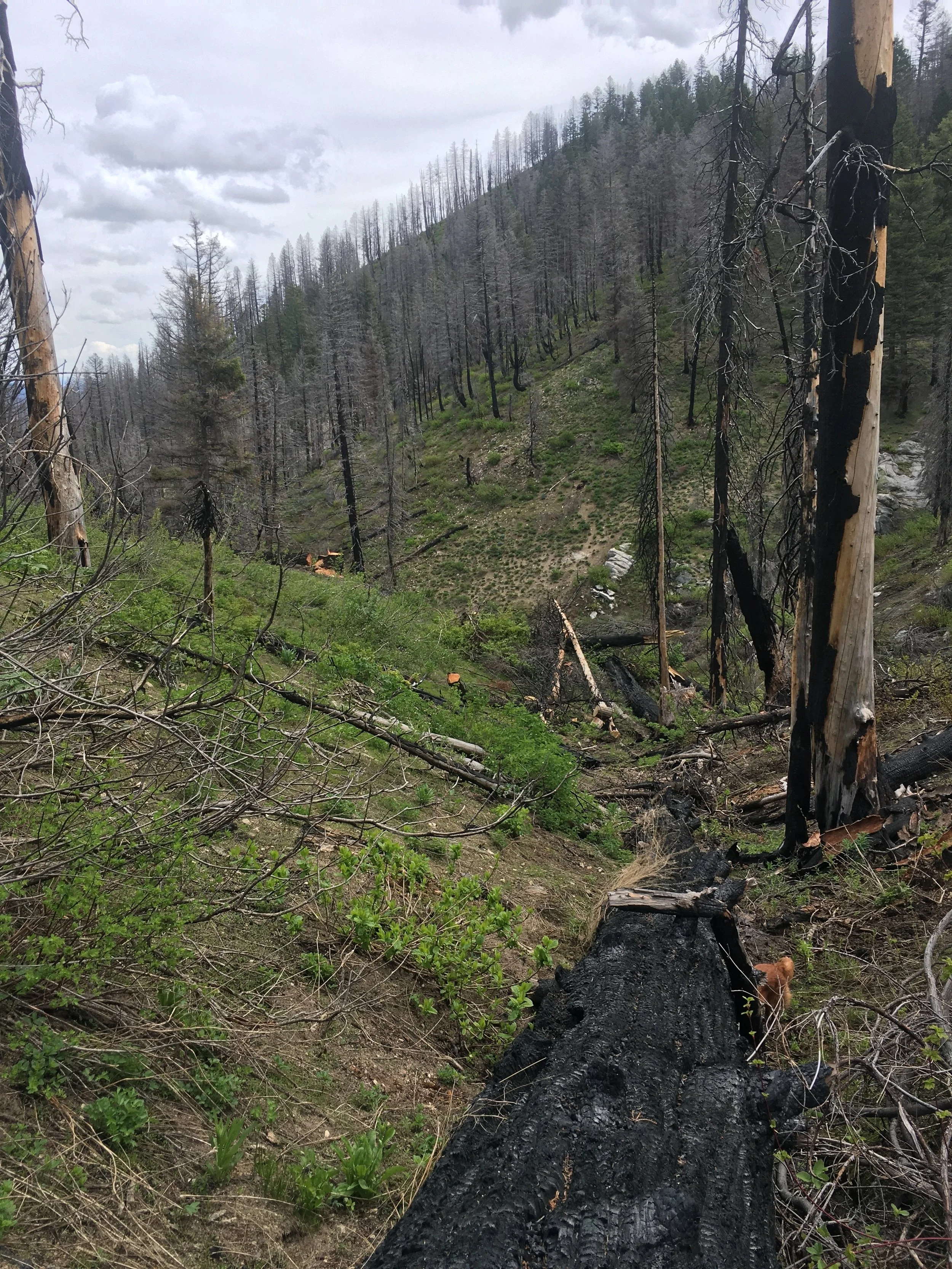Ethics of a Hunt
Novice’s Knowledge: This post will cover a subject that I believe is the most important attribute of anyone pursuing game – the ethical responsibility of a hunter to be prepared to harvest an animal while minimizing suffering and waste of edible portions of the game. Due to its importance, this post will lay the groundwork for nearly all future posts to come as I work to refine my skills in each area that makes an ethical hunter.
---
To those outside of the hunting community, it is easy to gaze into this arena and find examples of people with questionable morals. With social media and the mainstream media often picking up on stories of poor ethics, I can understand a non-hunter disbelieving that ethical behavior and absolute respect for the quarry is at the forefront of the vast majority of hunter’s minds. The ethical hunter is prepared to kill in the quickest and most painless manner possible and maximize their harvest from their kill.
While it may sound simple, a lot is involved in this process. The best resource for this subject is Beyond Fair Chase by Jim Posewitz. From a high level, a hunter must be prepared for the following to behave in an ethical manner.
1.) Know, understand and learn about the game that you are pursuing
First and foremost, there is absolutely nothing more valuable for understanding prey than by being in the field and getting experience. Given that everyone must have a first time pursuing a certain species of game, though, do everything and anything that you can to learn the behavior patterns and hunting strategies that will put you on or near game. When I begin studying elk, I will focus on movement patterns, diet, rutting behavior, calling basics and finally anatomy. Discuss with others who have previously gone after the game you are pursuing. I listed this as number one because trying to understand your quarry creates a deep seated respect and wonderment for the species.
2.) Know, understand and learn about the state hunting laws
No questions asked, read the state game agency’s hunting law book multiple times. If you feel that you can assume a law is applicable in a state you have never hunted shouldn’t be hunting in that state. Be forewarned, there is an interstate agreement where a violation in one state can lead to a loss of privileges in all participating states. It is also important to know who to call or where to go to report any issues or harvest data that may be required. If you screw up, it is always best to self-report, so know who to go to for this in case something happens. Plan on following up your reading of the laws with a call to the Fish and Game agency to clear any questions you may have. Make sure to ask the Fish and Game agency who the local resource is to contact in case of any issue. I have heard stories of a party shooting a mountain lion that was crouched in a pounce position ~5’ off the trail the group was walking along and a member of the group shot and killed the lion. They immediately reported the loss, gave coordinates to find the body and suffered no penalty as they were acting in self-defense and were cooperative.
3.) Be physically and mentally prepared to pursue the game
It is the responsibility of the hunter to understand what type of environment they will be hunting in and to physically and mentally prepare themselves. Preparations for flat, arid grasslands will be very different from high precipitation mountain ranges. Don’t overlook mental preparation. My money would be on the mind giving out before the body. On my backcountry backpacking hunt, it will certainly be legs and lungs that harvest an elk.
4.) Be physically and mentally prepared to produce a lethal shot, and know your limits
This one is a general hunting statement, but gets amplified in importance if you decide to pursue your game with a bow. It is the hunter’s responsibility to become skilled with their weapon and know their boundaries. The experience of watching your targeted quarry come into range, without knowing of your presence, is one that can’t be matched. Joe Rogan said that the moment of pulling back and centering your sights on an animal is immensely more stressful than doing stand-up comedy shows or announcing to millions during UFC fights. So it’s intense, and the ethical hunter needs to be confident they will produce a lethal shot despite all this stress. You also must know your limits of what is a shot you can make and be prepared to pass on taking a shot if the angle or distance is outside of those limits.
5.) Understand what to do when an animal goes down and maximize the harvest from the game
Avoid spoilage of meat by knowing how to properly butcher an animal and care for the harvested meat once butchered. This rule carries from the field all the way to the dinner table. An ethical hunter should do everything in their power to maximize the harvest from their game. A hunter should be prepared to care for all four quarters, tenderloins, backstraps, neck meat and various organs (liver, heart, tongue, kidneys, etc.). This is an area I have begun to explore in recent years and I have discovered how much good, healthy, edible portions of meat often get left behind at a kill site. Know before your hunt what additional parts you want to salvage, how to care for them in the field and how to prepare them in the kitchen. Many states will have salvage laws in place that make it illegal to leave any meat in the field (the exception is often rib meat). Avoid the scene in Dances with Wolves where you have a prairie full of buffalo carcasses with only the fur removed from the animal’s backs. I hate that scene, it’s depressing so be ready to take care of your harvest and enjoy the process.
Given that all these preparations are made, a hunter can be confident that they will be entering the wilderness in the best possible ethical position. Nothing is quite as overwhelming, humbling, and emotional as walking up to an animal you have downed, knowing all the preparation that went into getting to that moment. Following these steps to prepare for as ethical of a hunt as you can makes the process even more fulfilling.
What do you think, did I miss anything that is required to create an ethical hunter?
Kyle Zibrowski





